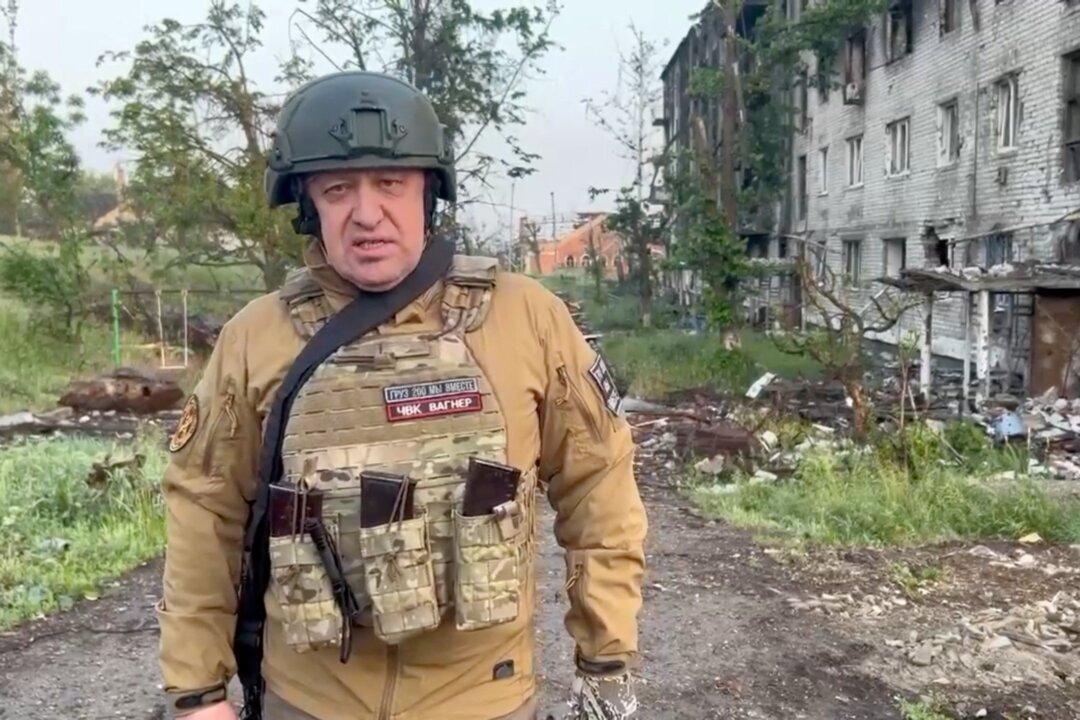A Russian official said that the country’s parliament, or State Duma, is working on a measure to regulate the Wagner mercenary group following an uprising attempt after its leader made accusations against Moscow.
Andrey Kartapolov, head of the Defense Committee in the Duma, said that the “fate of Wagner” has not yet been “determined,” according to an interview with Russian business newspaper Vedomosti on Sunday. “But it is not necessary to ban it, since this is a combat-ready unit, and there are questions for its leadership, and not for the fighters,” he said.





